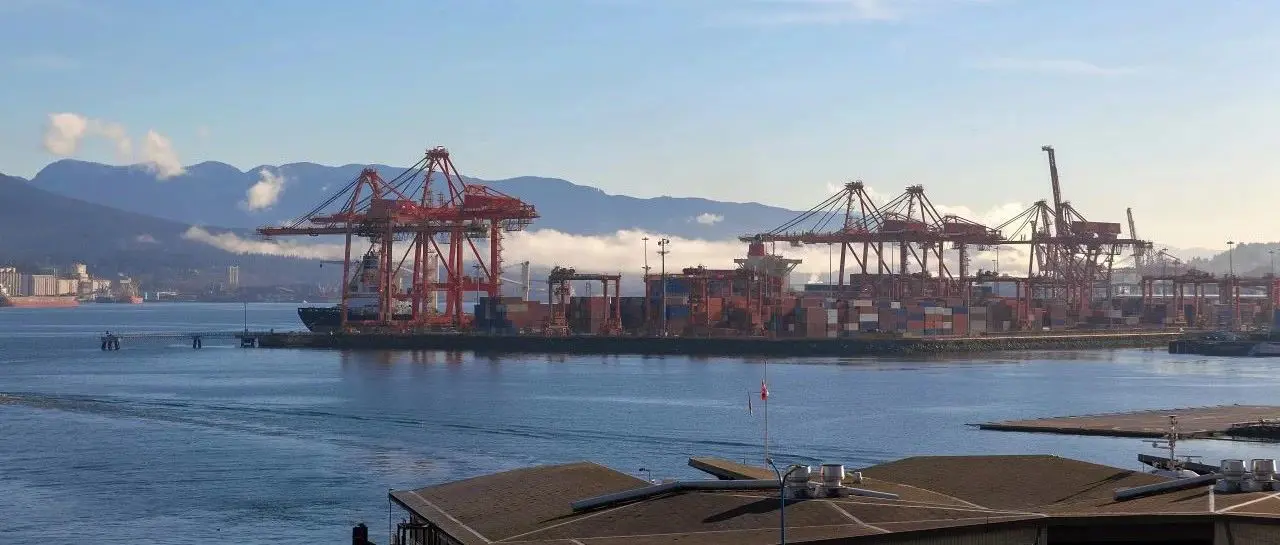Election Time! Canadian Port Strike Impacts U.S. Economy

New users can click "International Business Daily" to follow.
The U.S. presidential election is in full swing, but a major event has occurred in neighboring Canada. On the date in question, the main ports on Canada's West Coast—including the largest container port, the Port of Vancouver, and the third-largest port, the Port of Prince Rupert—were closed due to a worker strike.
Not long ago, the second largest port in Canada, the Port of Montreal, also experienced a strike. On that day, due to the failure of the West Coast port union leaders and industry representatives to reach an agreement, the local union organized workers to stage a large-scale strike, which immediately halted the transportation of container goods at multiple West Coast ports, including the Port of Vancouver and the Port of Prince Rupert.
The United States is Canada's largest trading partner. Every day, a large number of containers filled with shoes, clothing, automotive parts, chemicals, and wood arrive at the Port of Vancouver, and then enter the United States via Canadian railways or trucks. Therefore, the ports on Canada's west coast are crucial for Midwest American importers, serving as vital supply chain routes for goods from Asia entering the United States.
According to U.S. Census data, approximately $1 billion worth of container trade arrives in the United States from Canada daily. According to the Greater Vancouver Trade Council, around $1 billion worth of trade passes through West Coast ports daily. Approximately 25% of U.S. trade goods pass through the ports of Vancouver and Prince Rupert in Canada.
Vancouver is a critical entry point for perishable goods such as dairy products, agricultural produce, seafood, and manufactured goods like automotive parts. Disruptions at the Port of Vancouver would have the most significant impact on imports destined for the western U.S. market, as well as many chemical importers.
From past experience, even a few days of strike at Canadian ports can have a lasting impact on the U.S. supply chain for several months. Logistics executives are deeply concerned about the effects of this strike. Last month, the International Longshore and Warehouse Union of Canada held a strike that lasted for days, which caused the transportation of goods to the U.S. to take at least months to return to normal. Meanwhile, delays in rail container shipments ranged from days to days.
Alan Bell, CEO of American Petroleum Corporation, stated that with the temporary shutdown of the trade gateway on Canada's West Coast, carriers may be forced to offload cargo at the already very congested U.S. West Coast, which would further increase container dwell times and extend overall freight transit times.

